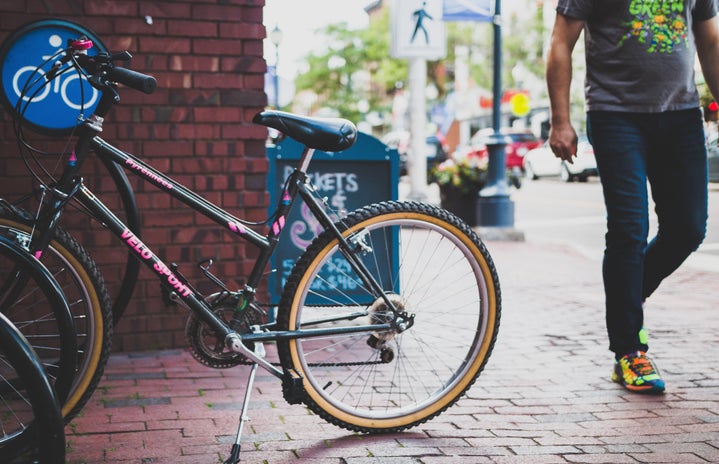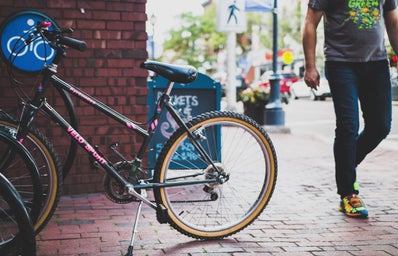I have never been one for New Year’s Resolutions. I would make them in school for assignments or talk about little resolutions if forced to, but I have never been particularly attached to the idea of it. In January of each new year, there are always articles about how to truly keep your resolutions because people expect you to falter and likely fail. With all the negativity around how most people have broken their resolutions within a month, if not a week, of the new year, it is discouraging to think of setting a goal when basically everyone is expecting you to fail anyway.
While I would not say that I made a New Year’s Resolution for this year, I did come up with a goal when preparing for 2016, starting as early as November when I was registering for classes for this semester. I wouldn’t call it a New Year’s Resolution because I think of it more as a change in perspective. It will hopefully go beyond this year into the rest of my life.
I want to be better.
That is not to say I think I am a terrible person as I am now because I do think I am generally a good person, and my friends remind me that they think this when I sometimes forget. However, I know I have higher standards and hopes for who I can become.
There have been times when I have thought to myself: “I want to be better, and that will happen with time.” I do agree with that. Change happens gradually. I am definitely not the person I was when I came to Kenyon, nor am I the same person I was a year or even a few months ago. My experiences are changing me in ways that I can recognize but also in ways that I do not. For the most part, I think that is okay and simply a part of life.
However, there are goals for myself that I know I have to achieve in order to meet the expectations I have of myself in my existence and my personality. This manifests in many ways, including working to tackle the ignorance I have on a variety of topics. I want to better understand history and religion outside the typical Western perspective. I want to learn more about how to support those with different experiences than my own, such as someone who is LGBTQIA+, a person of color, or from a different social class. I want to understand, and I want to learn, but I cannot sit and wait for someone to educate me. I cannot wait and hope to simply be educated without actively trying to be.
It is true that much of this moves far outside my comfort zone. If I learned only one major thing while I was abroad, it is that we learn the most when we are uncomfortable. I had a quote of a similar sentiment on a Post-It on my wall all of last semester. Another quote that has been bouncing around in my head for years was said by both my AP Biology teacher in high school on my first day of biology my freshman year and by Emma Watson in her pivotal HeforShe speech last year: If not now, when?
If I do not do my homework now, when will I do it? If I do not start learning to work hard and study now, when will I start to? If I do not seek out narratives and perspectives other than my own to shape my opinions, when will I ever think about anyone other than myself? To all of those questions, I no longer think “I will do it later” is a good enough answer.
With that, I am going forward. I try to be better and more like the person I say I am or that I want to be. Being better is a very broad goal, and it is different for every person. For me, I am striving to be more informed, more accepting, and more open. I am trying to listen when others speak, to give others as much of a voice as I am fighting for as well. I want to try to take classes on topics in which I want to know more. For example, my knowledge of the Middle East is meager at best, nonexistent at worst. When I was choosing the history class with which to finish my distribution of history, I chose “History of the Islamicate World” with Professor Kilic-Schubel. I am certainly far out of my comfort zone, but I am also gaining so much perspective that I would not have gotten otherwise. It definitely made me realize how extensive the gaps were in my pre-college education of history.
While it is true that change is a gradual process, there has to be an instigator for change. Sometimes that can simply be time. More often, I believe there are more tangible stimulators for evolution, one of which is us. We have the power to shape our destiny, and thus we also have agency over who we are and who we become. We are our decisions, our actions, our behavior. I want to make the most of this power, starting now.

